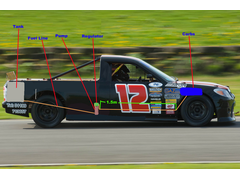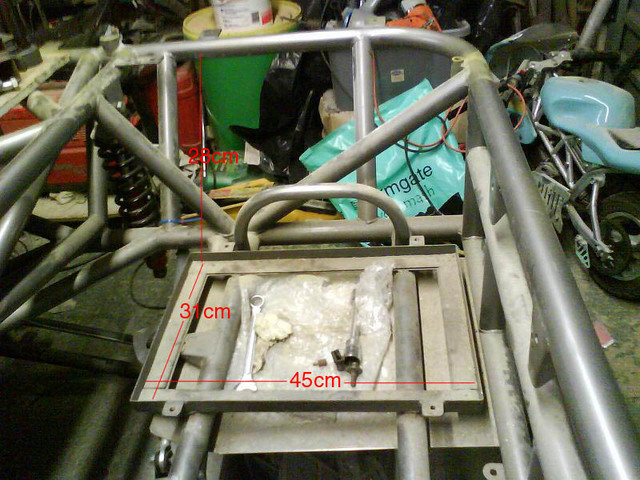
ptfe fuel line, who knows about it?
blakep82 - 6/12/14 at 01:38 PM
Right second time writing this, last time my internet connection went down. Raging.
So, I've got a tank with 10mm push on outlet, bosch fuel pump with 12mm inlet, 8mm outlet, and throttle bodies with a 12mm banjo fitting
I'm considering a swirl pot with 10mm inlet, 12mm outlet which can sit below the tank being gravity fed (no need for a LP pump?) Nice.
Then a LP 12mm pipe to the front of the car where the bosch pump is, which again is lower than the swirl pot, gravity fed again.
See this for a general idea


Description
Replace 'fuel pump and regulator' for swirl pot, 'carbs' for throttle bodies, and put a bosch hp pump and fpr under the throttle
bodies
Then add in all the return lines
All seem fair?
its been suggested I use ptfe/teflon line fuel pump which isnt likely to perish like rubber can, I like this idea, but all but 1 fitting will be a
barbed push fit. Can teflon hose be used on these? I assume they're supposed to use the 'goodridge' type screw on fittings?
I'll only have something like 30cm of hp hose hopefully. I want as little high pressure lines as possible really
ashg - 6/12/14 at 02:49 PM
personally i would move the tank in front of the rear axle if your planning to race it. no1 its safer and no2 it brings the weight of the fuel inside
the axles removing the possible pendulum effect over the rear axle that will cause the back end to swing out.
so to recap put the tank in the middle behind the cab, high pressure directly pump below fed directly from the tank. modify the tank and build the
swirl pot into the bottom of it with a 12mm outlet. less large bore pipes = less mess, less to damage & inherently safer!
having long large bore gravity fed lines is a pain in the ass to route and really unsafe. if you crash and rip a large bore fuel line the engine
stops but the fuel still gets out through gravity.
the safe option is to have a really short large bore pipe between the hp pump and tank. then a long thin bore hp line to the front. if you damage a
high pressure line the pressure instantly drops and the engine will cut out because the injectors have no pressure behind them. when the engine cuts
out the ecu knows about it and stops the pump so the thin bore line goes dry keeping the remainder of the fuel in the tank. you can also fit an
inertia switch so if it rolls over the fuel pump gets switched off.
why do you think car manufactures use in tank pumps! its way way safer! as the fuel can only come out when the pumps on! that's controllable
unlike gravity and large bore fuel pipes. anything that can be controlled is inherently safer
ashg - 6/12/14 at 02:54 PM
just think. 1960's race cars and fire (balls of flames engulfing cars) and modern race cars and fire! (usually small and contained).
big fire vs little fire = invention of fuel injection and modern ecu's to switch off fuel.
blakep82 - 6/12/14 at 03:22 PM
Ah, totally makes sense!
The car wont be raced, and the tanks are in that position in the racing trucks, and have been since 1997, so the tank will be staying where it is


Description
I would say its very well protected tbh, though I do understand the reasons.
You're right on the hp pump though, under the tank it is! Then a simple 8mm run there and back.
Any thoughts on the use of ptfe lines and push on barbed fittings?
I suppose its still only a short run of hp hose if its rubber though, as the longer runs will be metal pipe (copper, aluminium, or steel? Either way
they'll be contained in good fitting plastic pipe for protection
richmars - 6/12/14 at 05:16 PM
PTFE is well known to flow over time, so I would put a tube clamp if used on a barb fitting.(Note, this is not based on car fuel system experience,
just using PTFE tube at work, so may be best to get further advice!)




